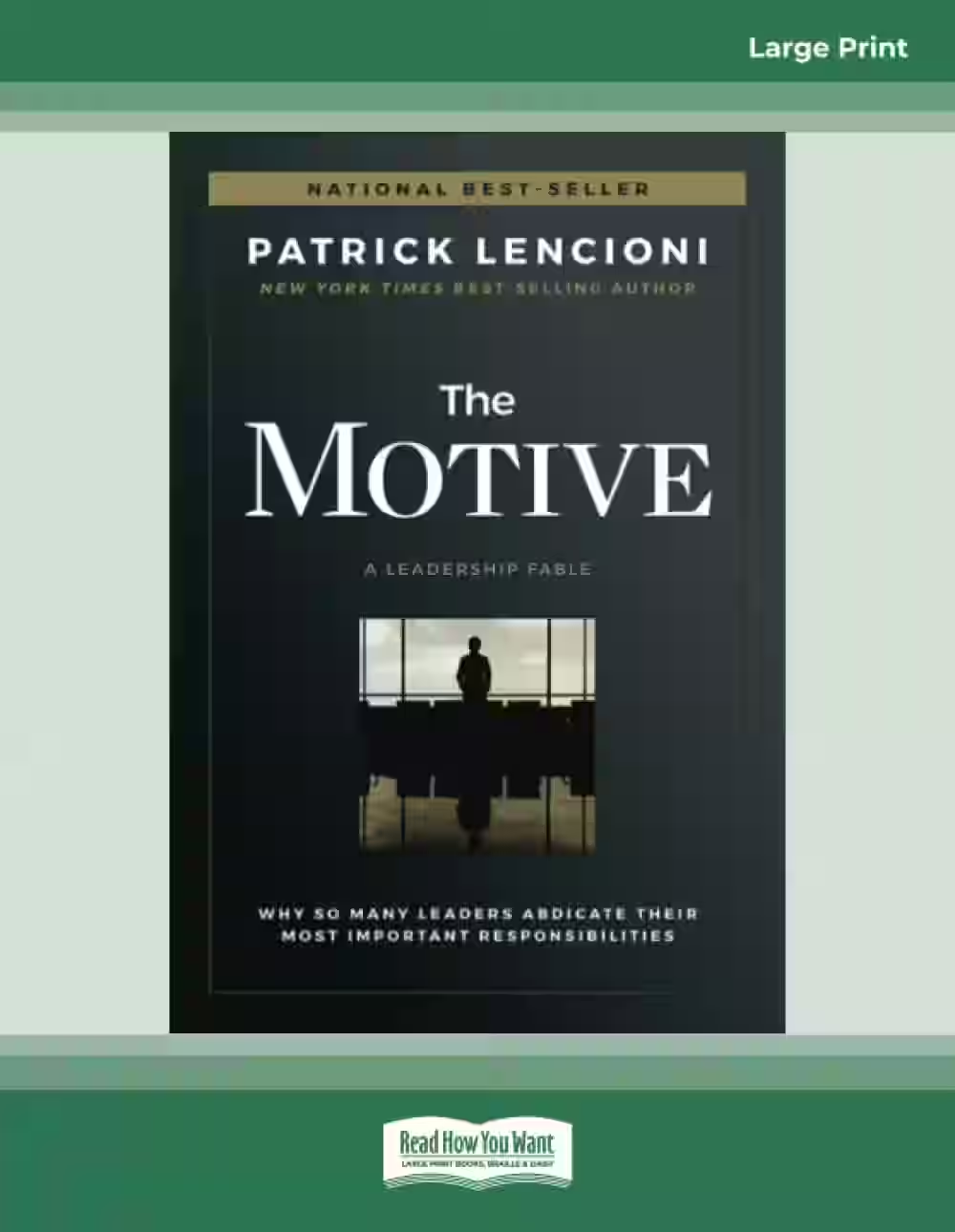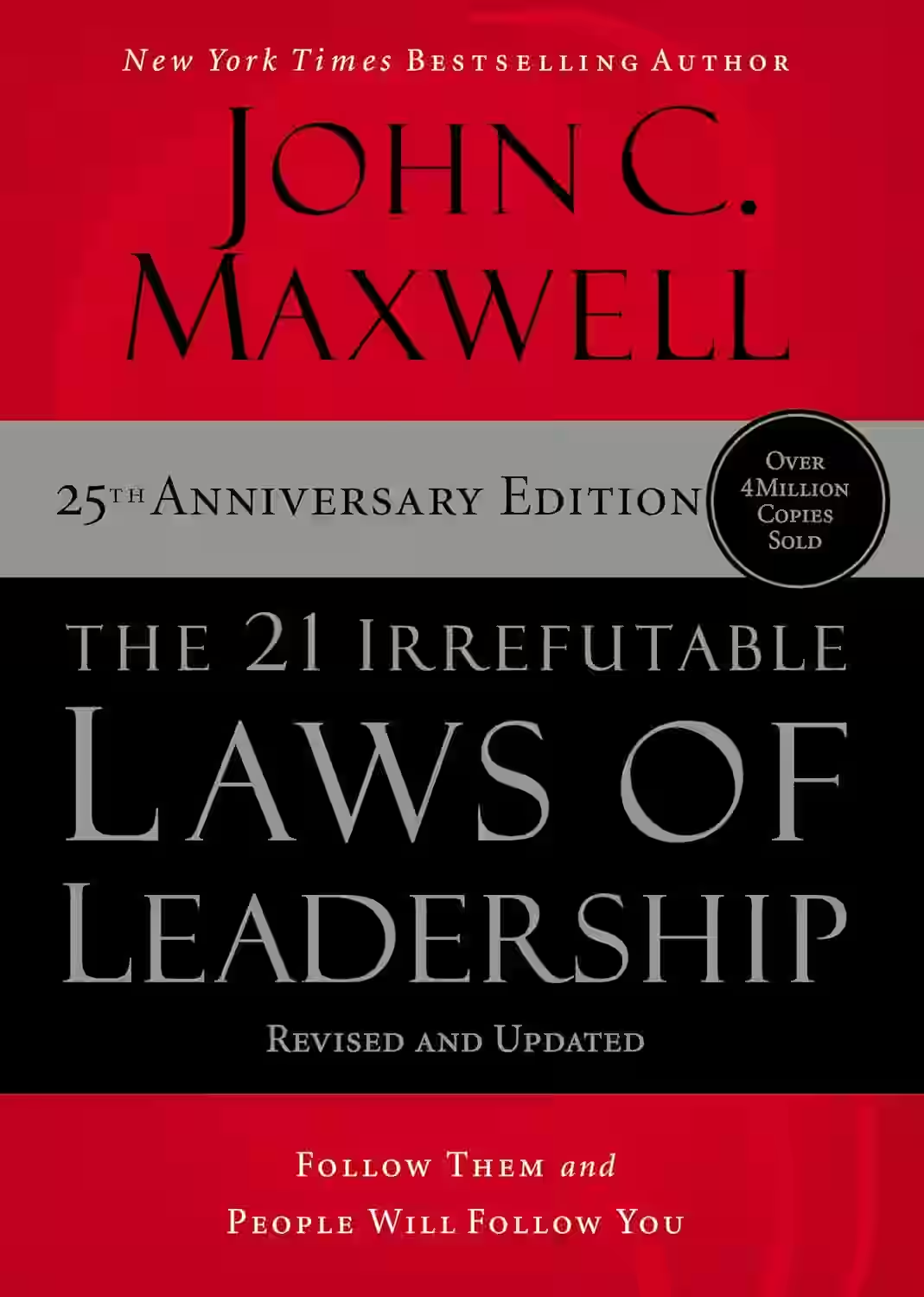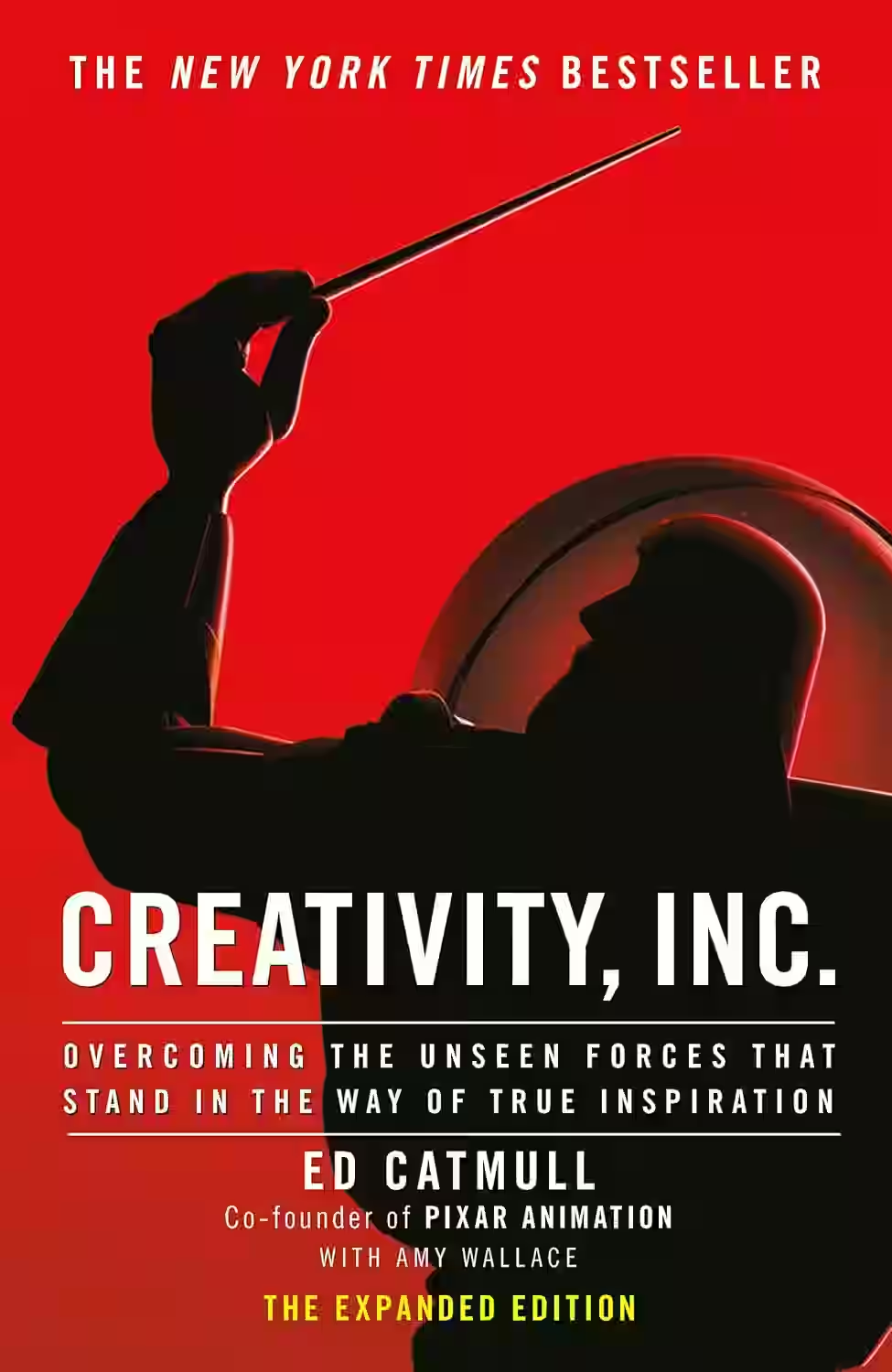
In 'The Motive: Why So Many Leaders Abdicate Their Most Important Responsibilities,' Patrick Lencioni delves into the high-stakes world of leadership and explores the reasons behind leaders failing to prioritize their responsibilities effectively. Through a compelling narrative, Lencioni unpacks the true motive that drives leaders, emphasizing the crucial distinction between leading for self-interest and leading for the collective good. With insightful anecdotes and practical advice, the author challenges conventional notions of leadership and prompts readers to reflect on their own motives. This book serves as a wake-up call for leaders at all levels, urging them to reassess their priorities and align their actions with the true essence of leadership.
About Patrick Lencioni
Patrick Lencioni is a renowned author and management consultant known for his impactful work in the realms of business leadership and organizational health. With a background in management consulting, Lencioni has authored several best-selling books that blend storytelling with practical insights, such as 'The Five Dysfunctions of a Team' and 'The Advantage'. His unique approach to addressing common challenges in the corporate world has garnered a wide readership and critical acclaim. Lencioni's storytelling prowess and ability to distill complex concepts into accessible narratives have made him a trusted resource for leaders seeking to improve team dynamics and drive organizational success.
Similar Books

The Lean Startup
by Eric Ries
The Lean Startup presents a framework for building startups through continuous innovation, rapid experimentation, and customer feedback. Eric Ries introduces concepts like the Build-Measure-Learn loop, minimum viable product (MVP), and validated learning to help entrepreneurs reduce waste and improve decision-making. Rather than perfecting a product before launch, Ries advocates iterative development and pivoting based on real-world data. This approach enables startups to adapt quickly and succeed in uncertain markets. With practical tools and real examples, The Lean Startup has become a foundational guide for modern entrepreneurship, influencing startups, tech companies, and corporate innovation programs around the world.

The 21 Irrefutable Laws of Leadership
In 'The 21 Irrefutable Laws of Leadership' by John C. Maxwell, readers are taken on a transformative journey through the fundamental principles that govern effective leadership. Maxwell, a renowned leadership expert, eloquently presents 21 laws that are essential for anyone looking to enhance their leadership skills and influence. Each law is illustrated with insightful anecdotes, real-world examples, and practical tips that readers can apply in their own lives and organizations. From 'The Law of Influence' to 'The Law of Navigation,' this book offers a roadmap for aspiring and seasoned leaders alike to reach their full potential. Through engaging storytelling and expert guidance, Maxwell equips readers with the tools they need to become successful and respected leaders.

Wise Guy: Lessons from a Life
by Guy Kawasaki
In Wise Guy, tech evangelist and entrepreneur Guy Kawasaki shares personal stories and lessons from his life and career, spanning Apple, venture capital, and startup advising. Rather than a traditional memoir, the book is structured as a series of life lessons—on humility, resilience, work ethic, and innovation. Kawasaki writes with humor, authenticity, and an open heart, offering guidance to entrepreneurs and professionals at all stages. With anecdotes ranging from job interviews at Apple to parenting insights, Wise Guy is a practical and inspiring read filled with wisdom on navigating both business and life.

Creativity, Inc.
by Ed Catmull
Ed Catmull, co-founder of Pixar, offers an insider’s guide to building a creative culture. Through stories from the making of beloved films like Toy Story and Finding Nemo, Catmull reveals how Pixar nurtures innovation while maintaining excellence. He discusses leadership, collaboration, and the importance of candor in creative work. Central to the book is the idea that protecting creativity requires careful management of failure and feedback. Creativity, Inc. is not just a memoir—it’s a manual for leading with purpose, whether you’re in animation, tech, or any field requiring bold ideas and inventive teams.